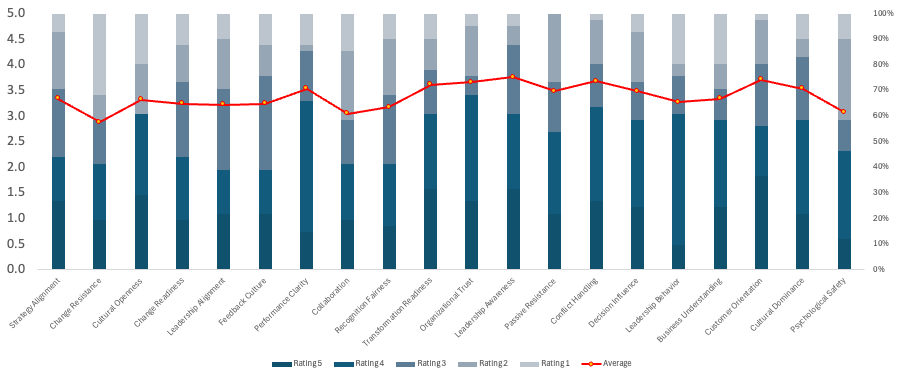The Power of Simplicity in Supply Chain Management
- ansoim
- Jul 8, 2024
- 2 min read
Supply chain management often grapples with complexities in today's fast-paced and ever-evolving business landscape. While sometimes necessary, these intricacies can frequently bog down operations, inflate costs, and hamper efficiency.
Yet, within this maze lies a powerful antidote: simplicity. By embracing simplicity, businesses can transform their supply chains into streamlined, efficient, and highly productive operations.
This transformation is not just a theoretical concept but a practical approach that combines precise process mapping, data-driven analysis, stakeholder engagement, strategic use of technology, and strong leadership.
In this Expert Insight session, we explore how simplifying the supply chain can lead to remarkable improvements in performance and profitability. We will delve into the essential steps, from mapping processes and analyzing data to leveraging technology and fostering a culture of continuous improvement.
In this episode, we will discuss these aspects with an expert with extensive experience in supply chain transformation. He has transformed the supply chains of many multinational organizations. He believes in simplicity in approach and implementation. Please welcome Mr Ankur Chaturvedi, AVP of Excellence & Quality at Emami.
Q: How does the journey towards simplicity in supply chain management begin?
A: The journey starts with process mapping. By clearly outlining every step of the process, businesses can visualize the entire supply chain and identify areas for improvement. Advanced tools and technologies are used to create precise and comprehensive maps.
Q: What role does data play in simplifying supply chains?
A: Data analysis is crucial. It acts as a navigator, highlighting inefficiencies and bottlenecks. Supply chain dashboards can reveal anomalies and inefficiencies, guiding businesses to non-value-adding activities that must be eliminated.
Q: Why is stakeholder engagement important in identifying complexities?
A: Engaging with stakeholders—including employees and management—provides insights that data alone might miss. By asking the right questions and genuinely listening to their feedback, businesses can uncover hidden pain points and areas for improvement.
Q: How can technology help in simplifying supply chain processes?
A: Technology, when implemented correctly, can significantly simplify supply chains. For example, automation reduces workforce requirements and improves standardization. However, planning properly is essential to avoid introducing new complexities and elevating wastage or duplicate systems.
Q: What role does leadership play in reducing complexity in supply chains?
A: Effective leadership is key. Leaders must support and guide their teams, providing training and encouragement to adapt to new processes. Clear communication about the benefits of change and fostering a shared vision can help overcome resistance and promote continuous improvement.
Q: Is simplifying the supply chain a one-time effort?
A: No, it is an ongoing journey. Continuous improvement is necessary as new inefficiencies can emerge over time. To maintain simplicity, businesses must regularly revisit their processes, identifying and eliminating non-value-adding activities.
Q: What are the benefits of simplifying the supply chain?
A: The rewards include greater efficiency, reduced costs, and more autonomous operations. Businesses can improve performance and profitability by minimizing human intervention and optimizing processes.
_edited_edited_edite.png)













Comments